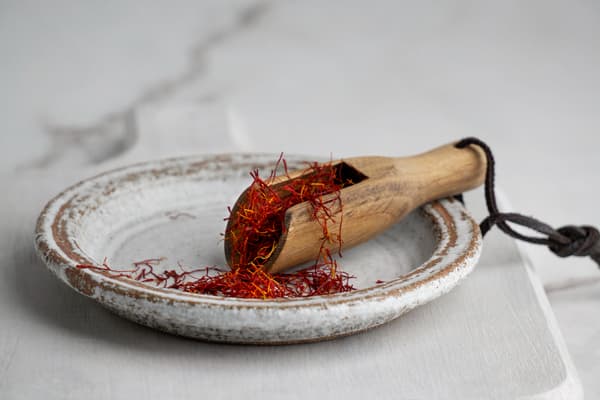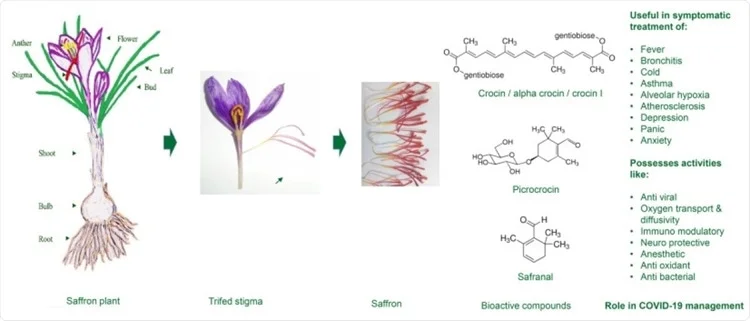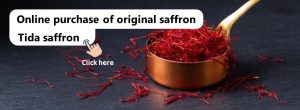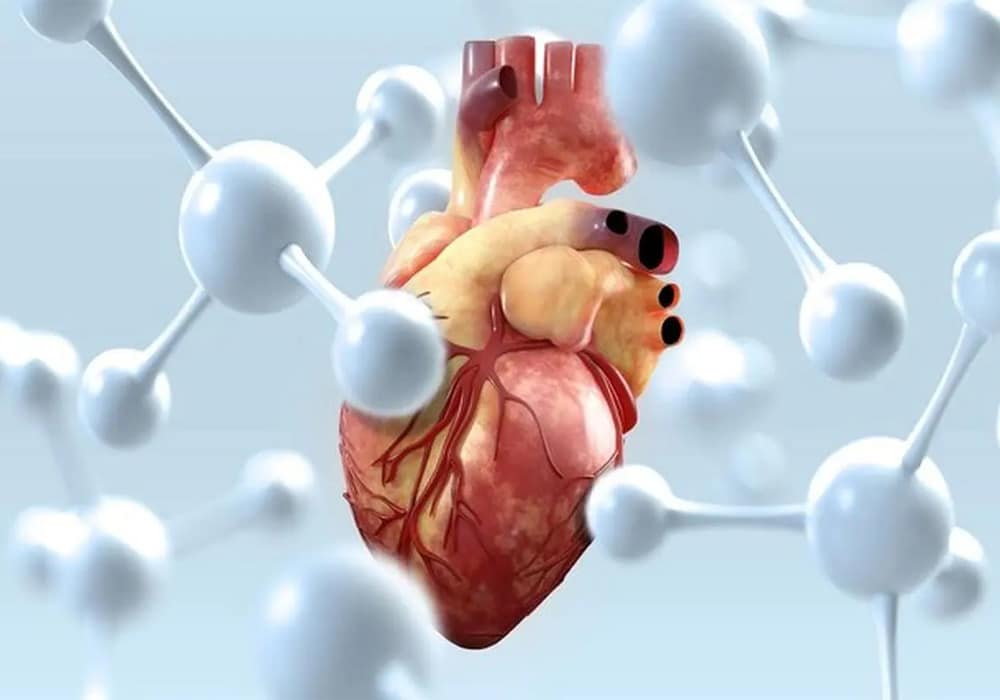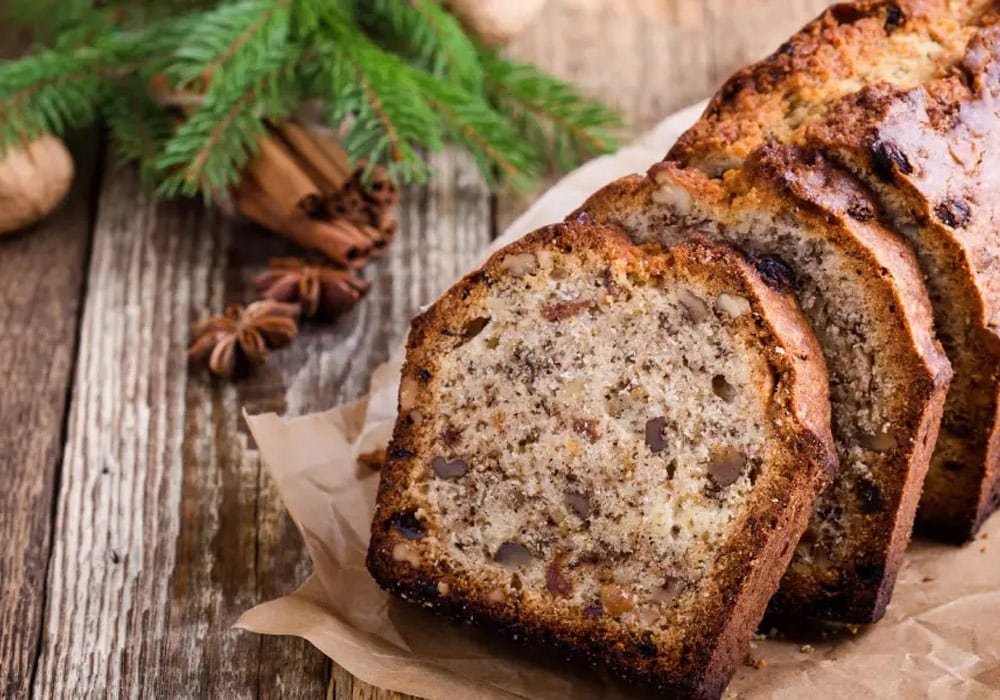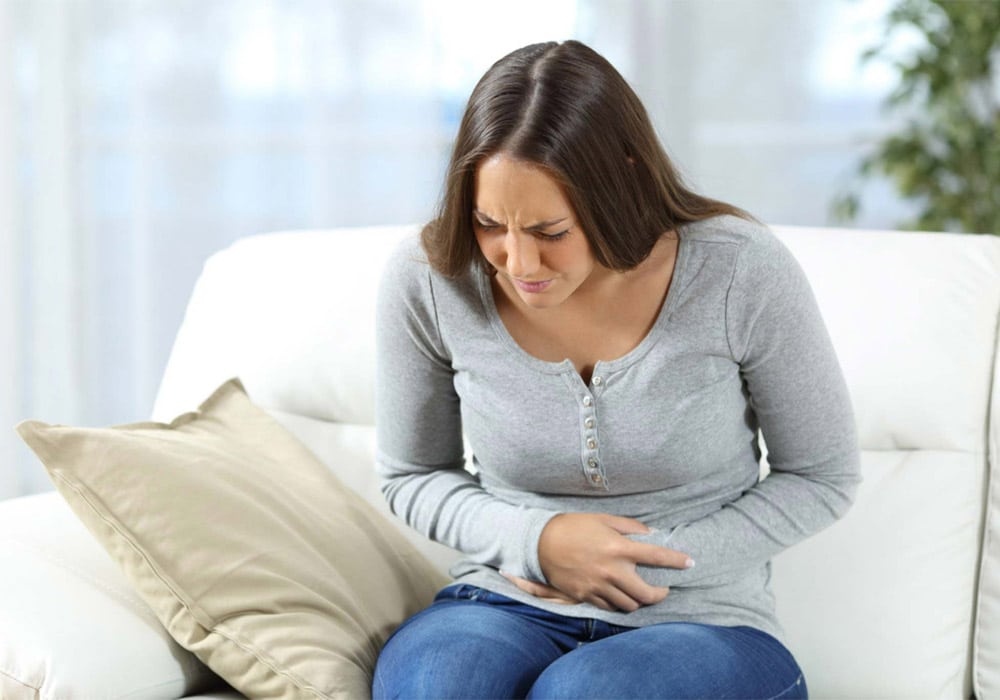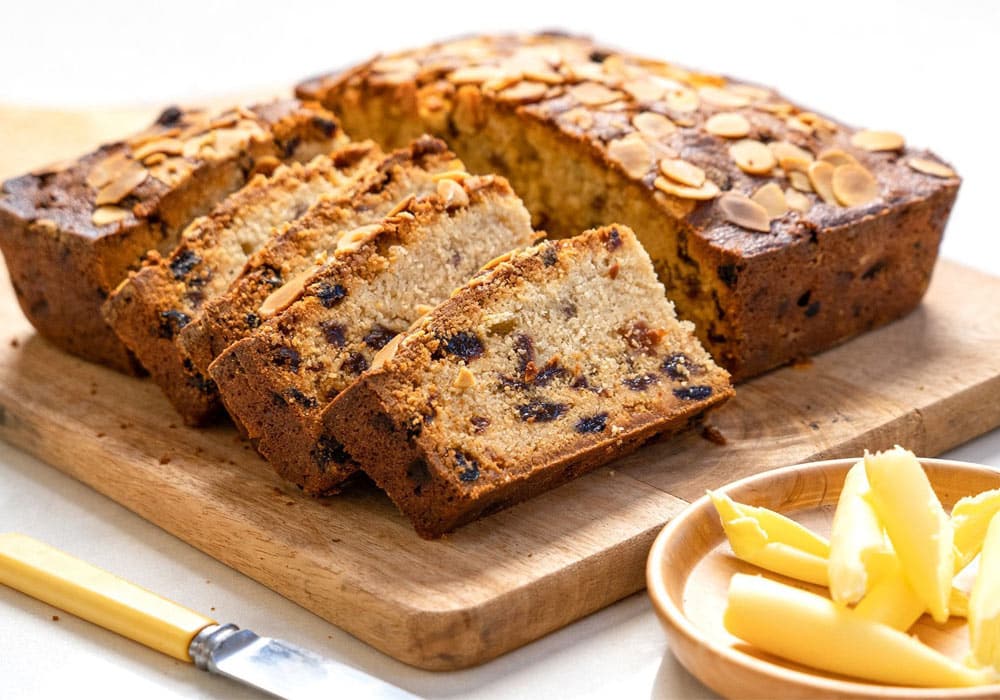is saffron good for covid-19?
There is a new study that explores the potential uses of saffron (Crocus sativus L.) as a supplement for severe acute respiratory syndrome coronavirus 2 (SARS-CoV-2), the causative agent of Coronavirus disease 2019 (COVID-19). As SARS-CoV-2 mutations have increased, and the demand for safe, inexpensive, and effective vaccines grows with every challenge attached to this virus, more medicine, and therapeutic options are being explored.
Significance of saffron
In the past, saffron has been used to treat diseases related to the immune system, such as fever, bronchitis, the common cold, and other respiratory disorders associated with the immune system. As well as alleviating anxiety, depression, sleep disturbances, and posttraumatic stress disorder, saffron is also known to soothe skin conditions and inflammations. Thirty to forty percent of patients are believed to be suffering from these abnormalities when they are diagnosed with COVID-19. This potential benefit of saffron is related to its antidepressant properties, in addition to increasing immunity and improving mental health.
Within 90 days after diagnosis, almost 60,000 Coronavirus survivors reported developing new mental illness at a rate of 5.8%. To provide mental and physical health care to Coronavirus survivors effectively, multidisciplinary collaboration is necessary.
Saffron compounds
Among its bioactive properties is the presence of volatile as well as non-volatile aroma-yielding compounds The red stigmas of this spice accumulate different bioactive compounds including, safranal, crocin, campherol, picrocrocin, crocetin, α- and β-carotenes. These compounds are rare, with picrocrocin and crocin only being found in saffron and gardenia.
As a result of its bioactive compounds, several research papers have been published on cancer, antioxidant properties, neuronal injury, and others. For example, saffron is considered to be an effective treatment for diseases such as coronary artery diseases and neurodegenerative disorders. In vivo studies have confirmed the antioxidant and anti-inflammatory role of ethanol or aqueous extracts of saffron, safranal, and crocin. According to another study, crocetin and crocin reduced blood bilirubin levels, cholesterol levels, and triglycerides.
The use of saffron extract as a nutraceutical includes but is not limited to anxiolytic effects, which were found in animal studies. The spice was also found to be as effective as donezepril for the treatment of Alzheimer’s disease in a clinical trial. In an animal model, LPS-induced proinflammatory mediators were also reduced, resulting in anti-inflammatory effects.
Using saffron to manage COVID-19
Among the benefits of saffron within Coronavirus infections is its ability to treat inflammation. Due to saffron having an immune-boosting characteristic, it can help with early-stage infections, possibly working to ensure the patient has a more robust immune system which can help to reduce the severity of the viral infection. Its anti-inflammatory characteristic can also help with severe stages of infection management.
The immunomodulation of saffron components can help as a management strategy for COVID-19 through the direct targeting of toll-like receptors. In a randomized clinical trial, saffron increased IgG antibody levels and decreased IgM antibody levels, as compared to the baseline and placebo. This could help manage coronavirus infection, as having a higher IgG antibody level could help protect against both bacterial and viral infections.
The anesthetic effect that saffron can have on the vagal nerves of the alveoli can also help with the respiratory complications associated with COVID-19. Saffron inhibits the release of inflammatory cytokines and decreases coughing. Crocetin, a compound of saffron, has been found to increase the speed of oxygen transport and diffusion in vitro and in vivo, which can be useful for COVID-19 as well as other conditions such as hemorrhages.
There is also an antiviral benefit to using saffron and saffron compounds. Crocin and picrocrocin were found to show significant antiviral effects, effectively inhibiting viral entry and replication. These compounds were found to be promising antiviral herbal therapies against viral infections, such as the herpes simplex virus and HIV.
Because 21% of COVID-19 trials on management have been targeted towards non-vaccine approaches, such as through immunomodulatory strategies and dietary supplementation, saffron is also a good option to be included in this. Saffron consists of vitamins B and C, carotenoids, and phytochemicals, which help bolster the immune system.
As a result of the compounds in this spice, several polyherbal drug formulations have been developed for the treatment of a variety of conditions, including depression. Clinical trials showed that 20-200 mg/day for 10 days to several weeks was effective against Alzheimer’s disease and depression. Generally, 30-50 mg/day is the most effective and common dosage and doses greater than 5 g/day can be toxic and even cause adverse effects.
From its anti-inflammatory and immunity-boosting properties to its ability to help with mental well-being for patients who may be at risk of developing new psychiatric illnesses, saffron and saffron compounds could provide significant benefits as an additional drug for managing Coronavirus.
The permissible amount of saffron consumption for the body
After you understand the effect of saffron on corona by increasing the body’s immunity, you should pay attention that consuming 3 grams of saffron (that is, almost two-thirds of a pack of 1 mashqali) per month is very useful and makes the body fully benefit from the properties of saffron. to be This amount of monthly consumption should not exceed 5 grams. Because saffron is hot and its high consumption can have various side effects.
How to consume saffron needed by the body
To strengthen your immune system and the effect of saffron on the prevention of corona, consumption of at least 100 mg of saffron (one branch of saffron, or one teaspoon of saffron powder) per day is enough for you. Basically, it is enough for you to feel the aroma and color of saffron.
This article has been taken from www.news-medical.net with content and changes preserved.


